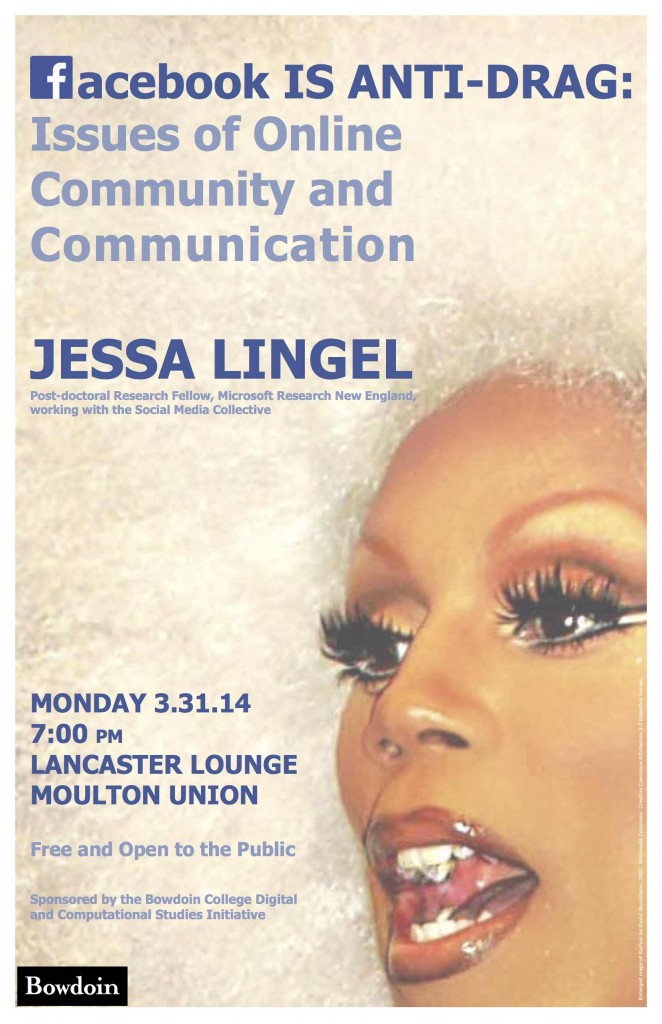In the past year, the media, the school’s career counselors, and my coder friends have been telling me that I should learn to code. From a young age I have figured that computing skill is not my strong suit so that I resisted the advice. It was not until I interned at a digital marketing startup that I wanted to learn more about the algorithm behind marketing. Data and new technology allow for more effective product marketing, and coding skills give one competitive advantage in today’s job market. At the same time, it was the dangerous power of data and algorithm that I saw at my internship that prompted me to become more computational literate through the new digital and computational studies initiative course, “Data Driven Societies.”
It turns out that computational thinking is not exclusively programming. Rather, it is about the way of thinking computationally, and I have benefited from the practical side of the course. For example, I have become much more apt at Excel and other graphing and mapping programs, and I can comprehend data visualizations much faster. Without a doubt, computing is empowering and, more importantly, the ethical aspects of technology that I learned from the class allow me to make better normative evaluations of the use of data.
I used to think that I could just observe as an outsider, but a friend of mine, a coder, was right to ask, “How could you write about coding without understanding how it works?” This was also an unexpected realization. Learning computational skills is akin to developing analytical and critical thinking in my humanities classes – they are hard to translate onto a resume but will gradually unfurl their values in life. Just as I found parallels between writing a government essay and the procedure of due diligence at a past internship, I now find myself more able to “think through” and predict the outcome of certain actions. Indeed, the development of logical thinking is working to counterbalance my old thinking habit as an artist who tends to dwell in murky place and jump to new terrains. Data driven societies are a future I feel I will not only take part in but also a future I can take part in leading.
Rita Chengying Liao is a junior at Bowdoin, majoring in Government and minoring Art History. She grew up in Shenzhen, China, a growing metropolis in China that is a destination for Chinese from throughout the country. She is presently exploring her interests in contemplative studies, media politics and photography. It makes her happy to help others live a more fulfilled life, so that she grabs the extra time to teach meditations and yoga and writes for aspiring start-ups in China.







